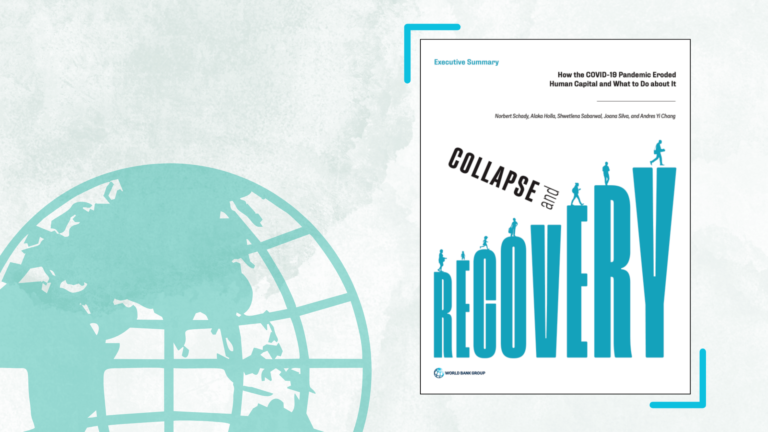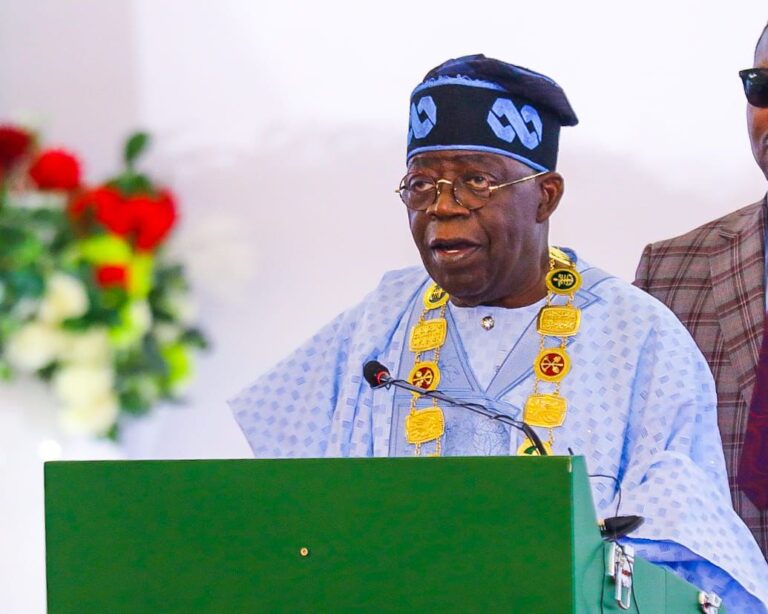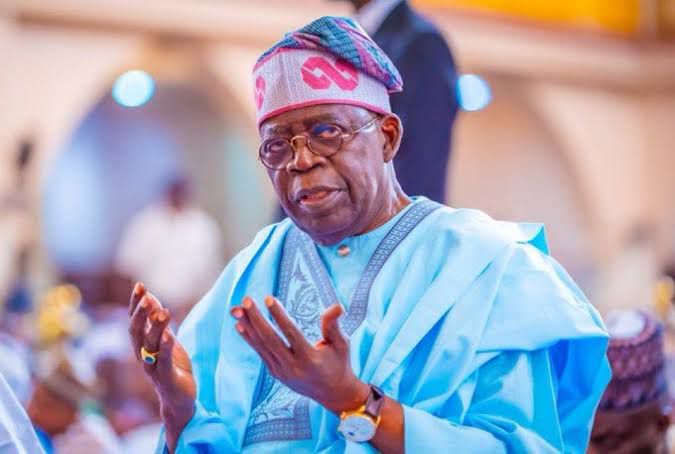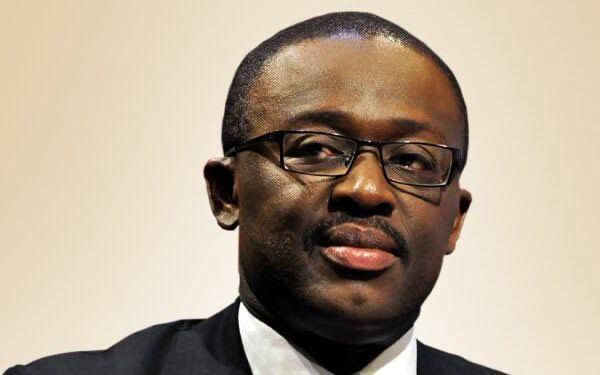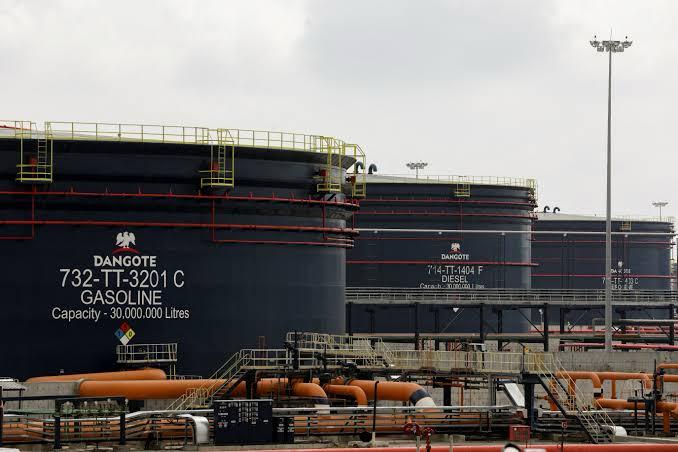By: Nwali Chidozie
The west African nation demonstrated its bold appeal to investors, successfully raising 364 billion CFA francs (approximately $644 million) in its second public bond offering of 2025, the government noted on Tuesday. This impressive figure not only surpasses the initial target of 300 billion CFA francs but also signals strong confidence in the Senegal’s economic trajectory; following earlier sovereign rating downgrade by S&P global.
The bond issuance, which ran from June 19 to July 8, was strategically designed to diversify budget financing sources, deepen the domestic capital market, and optimize public debt management. It comes at a pivotal time for Senegal, as the country is projected to be one of Africa’s fastest-growing economies in 2025, with real GDP growth anticipated to reach as high as 9.3%, largely driven by the commencement of oil and gas production from its offshore fields.
The oversubscription of this bond by 21.3% underscores a robust demand from both domestic and regional investors, a testament to Senegal’s improving economic fundamentals despite a challenging global economic climate and recent re-evaluations of its public debt. “In a challenging economic environment, this fundraising effort enhances the credibility of Senegal’s financial signature,” stated Senegal’s Ministry of Finance in a recent statement, highlighting the significance of the achievement.
However, success follows a similar oversubscription in March 2025, where Senegal mobilized 405 billion CFA francs through a syndicated operation. The government has affirmed that the proceeds from these bond sales will be directed towards crucial public finance recovery efforts, economic stimulus measures, and optimizing debt servicing. Priority sectors earmarked for funding include education, health, infrastructure, water access, energy, agriculture, and digital technology.
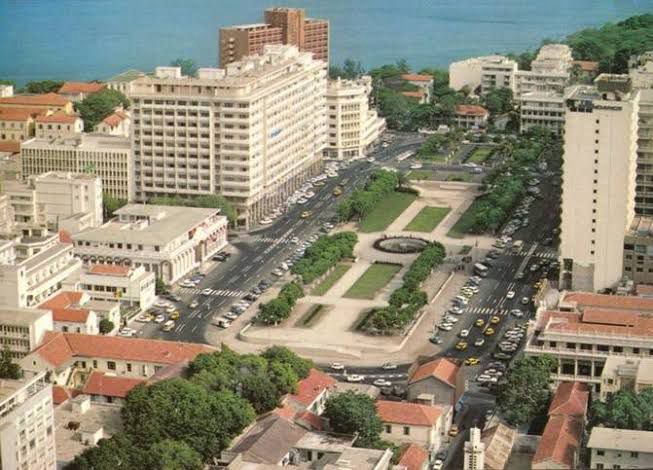
As international attention increasingly focuses on Senegal, its ability to consistently attract significant investment through such offerings reinforces its position as a promising economic hub in West Africa.

Senegal suffers Global rating downgrade.
Senegal has earlier been hit with significant downgrade by S&P Global; downgraded Senegal’s sovereign credit rating from ‘B’ to ‘B-‘, simultaneously revising its debt outlook to negative. This decision, announced on Monday, July 14, 2025, reflects deepening concerns about Senegal’s escalating debt levels.
The downgrade was largely triggered by a recent audit of government accounts which unveiled a substantially higher debt-to-GDP ratio than previously understood. S&P now estimates Senegal’s government debt stood at a striking 118% of Gross Domestic Product (GDP) at the end of 2024, a considerable jump from the earlier forecast of 104%. This revised figure also places Senegal’s debt burden as the highest among all African countries rated in the ‘B’ category by S&P. The audit further indicated that debt added through these revisions since October 2024 amounts to nearly 8.3 trillion CFA francs, roughly $13 billion.
S&P’s negative outlook signals apprehension that elevated debt, coupled with higher-than-expected financing requirements for the current year and substantial debt payments due next year, will intensify funding pressures on the Senegalese government. The global rating institution also noted that Senegal’s external financing needs materially exceed previous estimates, which could complicate ongoing negotiations with the International Monetary Fund (IMF) for a new support program.

In response to the downgrade, Senegal’s Ministry of Finance issued a statement acknowledging S&P’s decision. The ministry “reaffirmed its commitment to budgetary transparency” and sought to “reassure all its partners of the state’s ability to meet its commitments.” Furthermore, the ministry emphasized that discussions with the IMF are continuing “proactively and constructively,” with the aim of expediting an IMF Board meeting to address the misreporting of its debt levels. Furthermore, the Finance ministry also highlighted a miscalculation in the GDP and debt relation, by the Global rating agency, stating that “debt-to-GDP ratio increase does not yet take into account the expected results of the rebasing exercise of the GDP.” This means that Senegal is currently in the process of using a more sophisticated, and accurate method to recalculating its GDP growth; also noting that “This exercise, in preparation for some time, will make it possible to have a more precise picture of the size of the Senegalese economy by adopting a perimeter aligned with its economic development level.”





